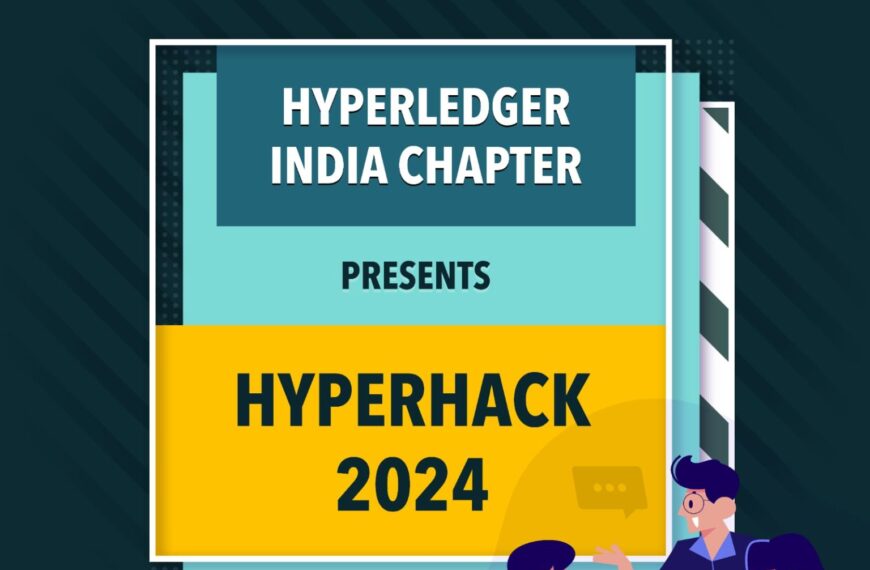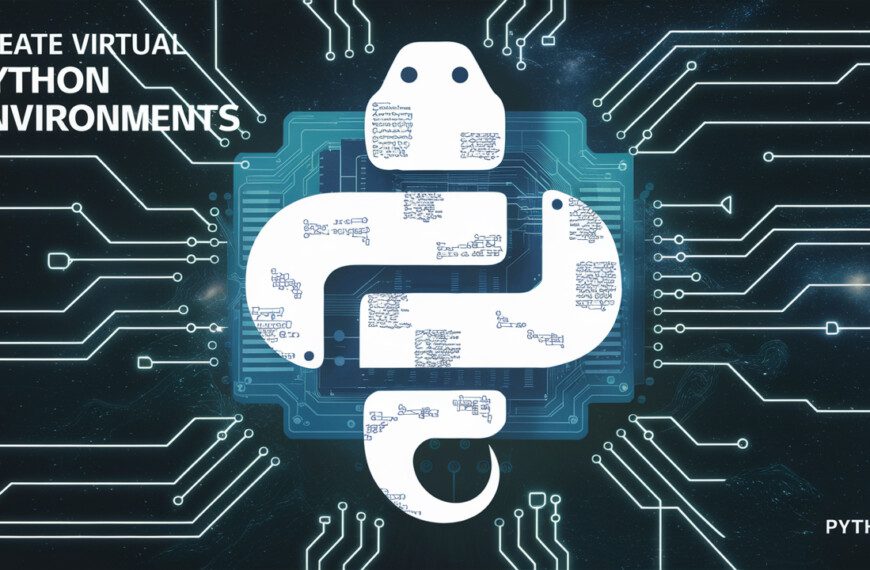Data is one of the most valuable assets in the digital economy, but also one of the most vulnerable to theft, misuse, and breaches. Data security is a major challenge for organizations that need to store, process, and share sensitive information such as personal data, financial records, or intellectual property.
Traditional Methods
Traditional methods of data protection, such as encryption and hashing, have limitations and drawbacks that can compromise data privacy and compliance.
Encryption is the process of transforming data into an unreadable format using a secret key. Encryption can protect data from unauthorized access, but it also requires the management and distribution of keys, which can introduce risks and complexities. Encryption is also reversible, meaning that anyone who obtains the key can decrypt the data and access the original information.
Hashing is the process of generating a fixed-length string from any input data using a mathematical function. Hashing can verify the integrity and authenticity of data, but it cannot protect the data itself. Hashing is also irreversible, meaning that there is no way to recover the original data from the hash. Hashing can also be vulnerable to collisions, where two different inputs produce the same hash.
Data Tokenization
Tokenization is a form of data masking, which replaces sensitive data with a different value, called a token. The token has no value, and there should be no way to trace back from the token to the original data. When data is tokenized, the original, sensitive data is still stored securely at a centralized location, and must be protected1.
Blockchain-based Tokenization
Blockchain-based tokenization is a novel approach that leverages the features and benefits of blockchain technology to enhance data security, privacy, and compliance.
The evolution of digital payments, fraud prevention, and digital ownership are also driving industries to move from centralized to decentralized systems. There is a report by Boston Consulting Group that suggests 10% of global GDP will be stored on blockchain by 2030.
Simplifying Blockchain Tokenization with HCLTech OBOL and AWS
Blockchain-based tokenization distributes the ownership of a particular asset or data into several tokens that are stored on a decentralized ledger. The tokens can be either fungible or non-fungible, depending on whether they are interchangeable or unique2.
Other Token Types
- Fungible tokens are tokens that have the same value and can be exchanged for each other. For example, cryptocurrencies such as Bitcoin or Ether are fungible tokens that represent units of value on their respective blockchains. Fungible tokens can be used for data tokenization when the data has a specific monetary value or can be divided into equal parts.
- Non-fungible tokens (NFTs) are tokens that have different values and cannot be exchanged for each other. For example, digital artworks or collectibles are NFTs that represent unique and scarce assets on their respective blockchains. NFTs can be used for data tokenization when the data has a specific identity or provenance that cannot be replicated or duplicated.
Advantages offered by Blockchain based tokenization
Blockchain-based tokenization can offer several advantages over traditional methods of data protection:
- Security: Blockchain-based tokenization can ensure that only authorized parties can access the original data through a secure and transparent process of verification and authentication. The tokens themselves are meaningless and worthless without the original data, which reduces the incentive for hackers or malicious actors to steal or tamper with them. The blockchain also provides immutability and traceability, which means that any changes or transactions involving the tokens are recorded and verified by a network of nodes.
- Privacy: Blockchain-based tokenization can preserve the privacy and confidentiality of the original data by minimizing its exposure and transmission across different platforms or parties. The tokens only reveal the necessary information about the data, such as its type, category, or owner, without disclosing its content or details. The blockchain also provides pseudonymity and anonymity, which means that the identities of the parties involved in the tokenization process are hidden or obfuscated.
- Compliance: Blockchain-based tokenization can facilitate compliance with various regulations and standards that govern data protection and privacy, such as GDPR or HIPAA. The tokens can enable granular control and consent over who can access, use, or share the original data, and for what purpose. The blockchain also provides auditability and accountability, which means that any actions or events related to the tokens are documented and verifiable.
Role of encryption and hashes in securing the data
Encryption and hashing are still important components of blockchain-based tokenization, as they provide additional layers of security for the original data and the tokens themselves.
Encryption can be used to encrypt the original data before storing it in a secure vault or database. This adds an extra level of protection in case the vault or database is compromised or breached. Encryption can also be used to encrypt the tokens before storing them on the blockchain. This adds an extra level of protection in case the blockchain is compromised or breached.
Hashing can be used to generate unique identifiers for both the original data and the tokens. This ensures that each piece of data and each token has a distinct fingerprint that can be used to verify its authenticity and integrity. Hashing can also be used to generate proofs of existence or ownership for both the original data and the tokens. This ensures that each piece of data and each token has a verifiable record of its creation or transfer on the blockchain.
Conclusion
Blockchain-based tokenization is a promising solution for enhancing data security, privacy, and compliance in the digital economy. By transforming sensitive data into secure and portable tokens on a decentralized ledger, blockchain-based tokenization can enable new ways of storing, processing, and sharing valuable information without compromising its safety or quality.











